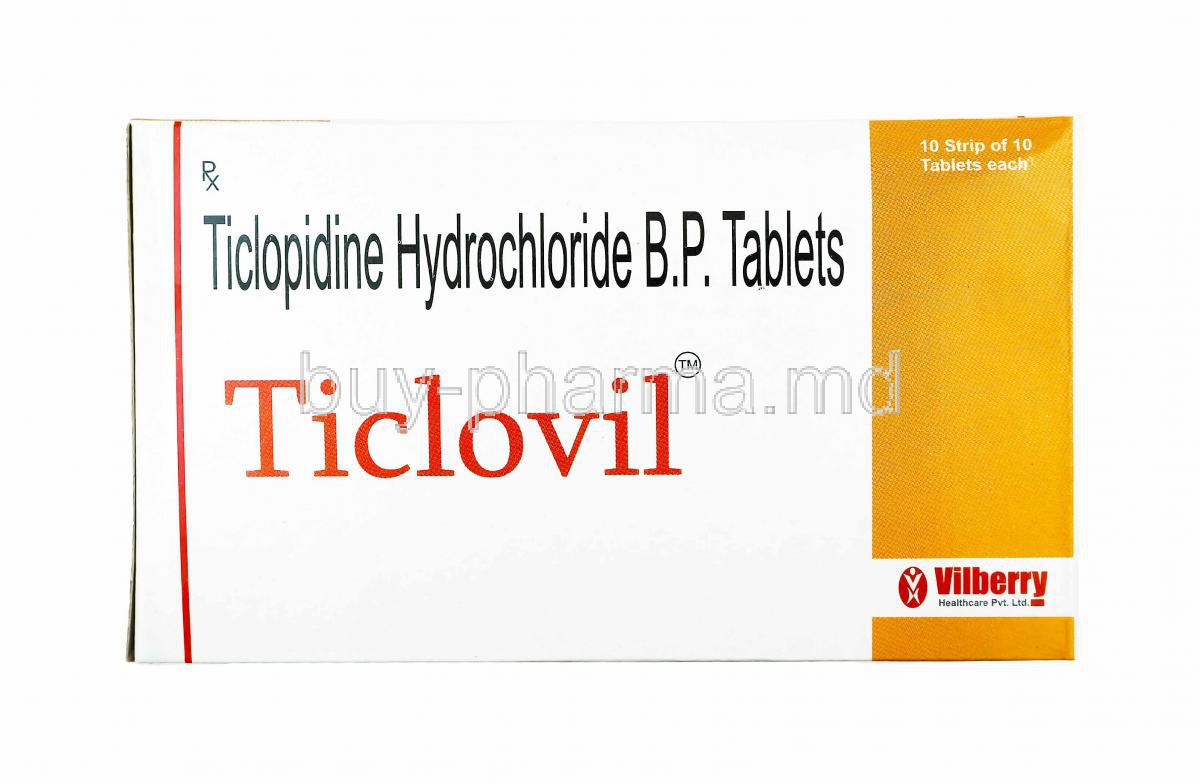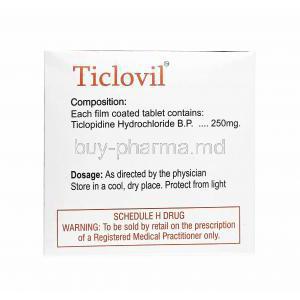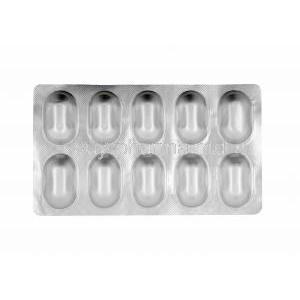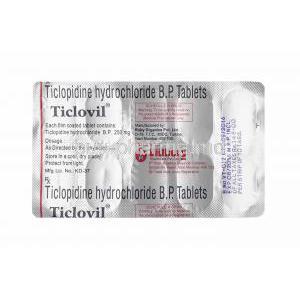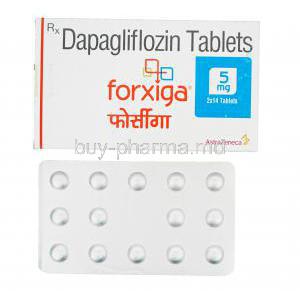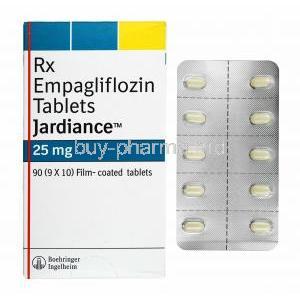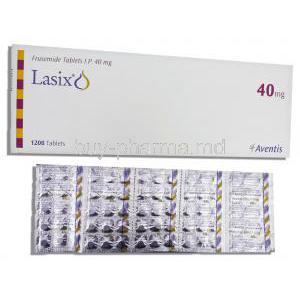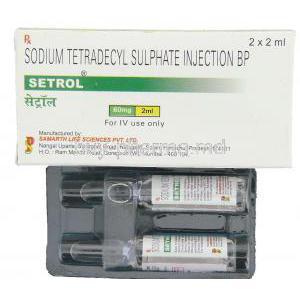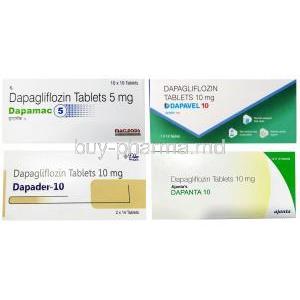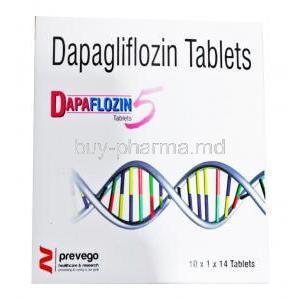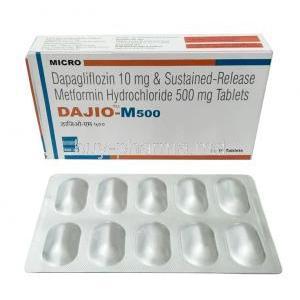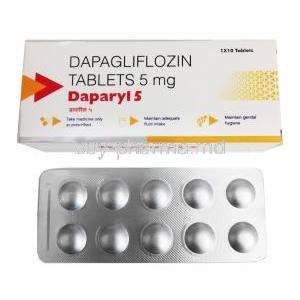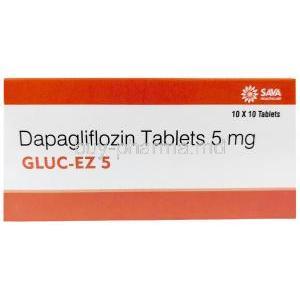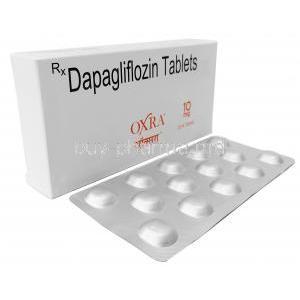Ticlovil, Ticlopidine
- Introduction
- Composition and Properties
- Ticlopidine Mechanism of Action
- Uses of Ticlovil (Ticlopidine)
- Off-label Uses of Ticlovil
- Dosage and Administration
- Ticlopidine Side Effects
- Detailed Guide to Side Effects Management
- Interactions with Other Medications
- Contraindications and Precautions
- Special Administration Considerations
- Handling and Storage
- Overdosage Information
- Legal and Regulatory Aspects
Introduction
The introduction of Ticlovil, an antiplatelet drug also known as Ticlopidine represented a significant advancement in the treatment of cardiovascular conditions related to blood clotting. This medication plays a role in preventing strokes and heart-related issues in individuals who are prone to excessive clot formation.
- Historical Background and Progress; Initially developed in the 1970s Ticlovil originated from a strong lineage of thienopyridine derivatives marking a breakthrough in antithrombotic treatment.
- Significance in Medical Practice; The integration of this medication into settings has been highly impactful, especially for patients who cannot tolerate other blood-thinning medications such, as aspirin.
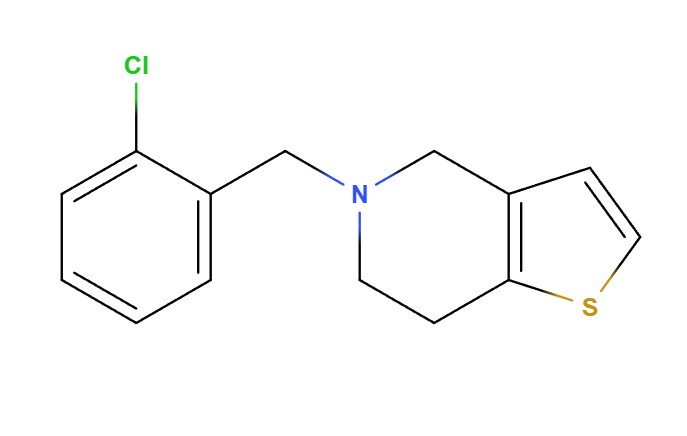
Ticlopidine
Composition and Properties
Ticlovil has a molecular structure that affects how it works in the body.
- The chemical composition includes a thienopyridine core, which plays a role, in its ability to combat blood platelets.
- When processed in the liver it produces compounds that help prevent platelet aggregation.
Ticlopidine Mechanism of Action
The reason Ticlovil is effective in preventing platelet aggregation is mainly because it selectively and permanently alters the ADP receptor.
- How it Works; By obstructing this receptor Ticlovil stops fibrinogen attachment and the resulting platelet aggregation.
- Impact, on Platelet Aggregation and Blood Circulation; This process notably lowers the chances of blood clots improves blood circulation, and reduces the likelihood of vascular incidents.
Uses of Ticlovil (Ticlopidine)
Ticlovil, also known by its chemical name Ticlopidine is a medication used to prevent thrombotic disorders. It is commonly prescribed to help lower the risk of stroke and heart attacks. Main Usage;
- Stroke Prevention. Ticlovil is mainly recommended for preventing strokes in individuals who have had transient ischemic attacks or are at a high risk of having a stroke.
- Additional Benefits; Heart Attack and Blood Clot Prevention. Besides its purpose, Ticlovil also plays a crucial role in preventing heart attacks and reducing the chances of serious vascular events in patients with peripheral arterial disease by stopping the formation of blood clots in arteries.

Heart Attack
The scope of approved uses for Ticlovil includes its effectiveness in both short-term and long-term situations. Approved by health authorities worldwide it is prescribed for patients who cannot tolerate or do not respond well to other antiplatelet medications like aspirin offering an important alternative in antiplatelet therapy. This broadens its application. Highlights its significance, in modern medical treatment.
Off-label Uses of Ticlovil
Ticlovil, also known as Ticlopidine is often used in ways that go beyond its medical recommendations showing its adaptability in various clinical scenarios. Its off-label usage offers healthcare providers a range of treatment options, especially for challenging cases where standard therapies may not be sufficient.
One common off-label use involves using Ticlovil to manage vein occlusion and prevent vision loss. It is also occasionally prescribed to patients undergoing dialysis to prevent blood clot formation in the dialysis equipment.
In the realm of research and potential new applications, Ticlovil is the focus of studies investigating its effectiveness in treating various other conditions.
Of interest is its exploration for preventing complications with saphenous vein grafts during coronary artery bypass surgery. This research highlights how Ticlovil continues to evolve as a tool, in the field of pharmacotherapy.
Dosage and Administration
Ticlovil (known as Ticlopidine) is given following guidelines designed to achieve the best treatment results while minimizing any risks involved.
- When it comes to the dosage it is usually recommended to start with 250 mg twice a day along with food for better absorption and to reduce any gastrointestinal side effects.
- Adjustments in dosage are needed for groups of people such as those, with kidney problems or older individuals to avoid the buildup of the medication and potentially harmful effects.
The methods of administration mainly involve tablets that should be swallowed whole in order to stick to the prescribed dosing schedule.
Ticlopidine Side Effects
While Ticlovil is effective it comes with a range of side effects that can vary in severity and frequency.
- Common side effects to be aware of include issues like nausea and diarrhea as well as skin rashes and itching.

Nausea
- In serious cases, potential adverse reactions may involve conditions such as neutropenia and thrombotic thrombocytopenic purpura (TTP) which call for immediate medical attention.
Monitoring blood counts regularly is essential due, to the long-term risk of toxicity associated with Ticlovil.
Detailed Guide to Side Effects Management
Managing side effects effectively plays a role in maintaining the quality of life for patients and ensuring that Ticlovil therapy can continue when needed.
- Addressing side effects through simple measures like dietary changes can help ease gastrointestinal issues while using topical ointments may be suggested for skin reactions.
- When it comes to dealing with side effects it's important to stop the medication immediately and start appropriate medical treatments, such as corticosteroids, for severe hematologic reactions.
Patients should promptly seek attention if they notice signs of infection unexplained bruising or bleeding or any other serious adverse effects.
Interactions with Other Medications
Understanding how Ticlovil (Ticlopidine) interacts with substances is important for ensuring its safe and effective use. Common Drug Interactions;
- Ticlovil may enhance the effects of blood thinners like warfarin and raise the risk of bleeding when combined with NSAIDs, such as aspirin.
- Potential Food and Drink Interactions; Drinking grapefruit juice can increase Ticlovils levels in the bloodstream, which can boost both its effectiveness and potential for side effects.
- Patients should be mindful of their consumption of this citrus beverage. Interactions, with Herbal Supplements; Taking supplements like ginkgo biloba, which also influences blood clotting alongside Ticlovil may heighten the risk of bleeding.
Contraindications and Precautions
When choosing the patients for Ticlovil treatment it's crucial to take into account certain contraindications and precautions to ensure patient well-being.
- Absolute contraindications involve factors like being allergic to Ticlopidine or any of its components having blood disorders such as thrombocytopenia or suffering from liver issues.
- Additionally, both major and minor precautions should be considered, in patients with a history of stomach problems or those planning to undergo surgery due to the higher risk of bleeding.
It's important to look at the patient's background including any previous instances of blood or liver abnormalities as these could impact potential side effects and may require adjustments, to the dosage.
Special Administration Considerations
When giving Ticlovil (Ticlopidine) it's important to adjust the dosage based on the patient's age group for safety and effectiveness.
- For elderly patients starting with lower doses and closely monitoring for side effects like stomach issues and bleeding is recommended due to their higher risk of experiencing these adverse reactions.
- In the case of women and nursing mothers as Ticlovil falls under Category B drugs with limited studies on pregnant women it should only be used when absolutely necessary.
- The decision to use this medication should carefully consider the benefits versus risks especially in the later stages of pregnancy and during breastfeeding.
- Regarding pediatric use, there is a lack of established safety and guidelines for using Ticlovil in children. Therefore it should only be used under medical supervision, in pediatric patients until more information becomes available.
Handling and Storage
It's important to handle and store Ticlovil properly to ensure it remains effective and safe. Here are some key points to keep in mind;
- Storage Recommendations; Store Ticlovil at room temperature from moisture and heat making sure it doesn't exceed 30°C (86°F).
- Disposal Guidelines; Dispose of the medication preferably through a take back program to prevent misuse and reduce environmental impact.
- Stability and Expiry; When stored correctly Ticlovil remains stable for the specified duration, on the packaging typically lasting between 24 to 36 months.
Overdosage Information
An overdose of Ticlovil (Ticlopidine) can have health consequences that require immediate medical attention and specific long-term care strategies.
- Symptoms of an overdose may include gastrointestinal bleeding, low platelet count, and potentially life-threatening issues like bleeding in the brain.
- When an overdose occurs it is important to seek medical help. While there is no antidote available treatments such, as stomach pumping and giving activated charcoal can help reduce the absorption of the medication.
- To address the lasting effects of an overdose, monitoring, and supportive treatment are crucial. Special focus should be placed on restoring blood counts and preventing any further complications that may arise.
Legal and Regulatory Aspects
The approval and regulation of Ticlovil are influenced by its history of approval how it is prescribed and distributed in different regions.
- In the United States Ticlovil was approved by the FDA after thorough clinical trials proved its effectiveness in preventing strokes caused by blood clots. Strict monitoring protocols are in place to manage side effects associated with its use.
- Across countries Ticlovil is accessible but its legal status differs, with some locations limiting its use to specific preventive measures.
- Detailed prescribing information for Ticlovil includes recommended dosages, potential side effects, and cautions about interactions, with medications or conditions to ensure patient safety and proper usage.

